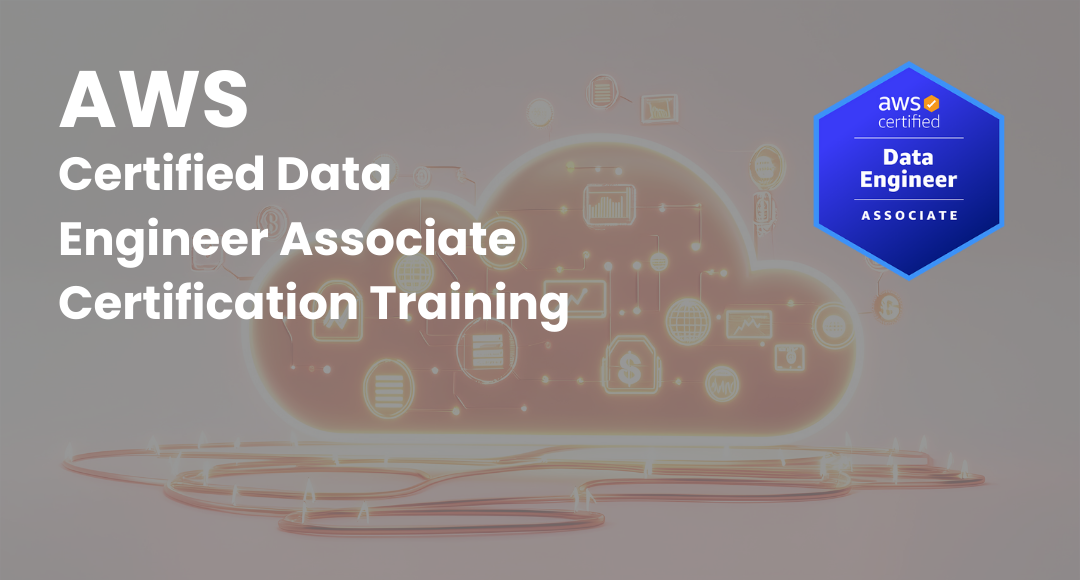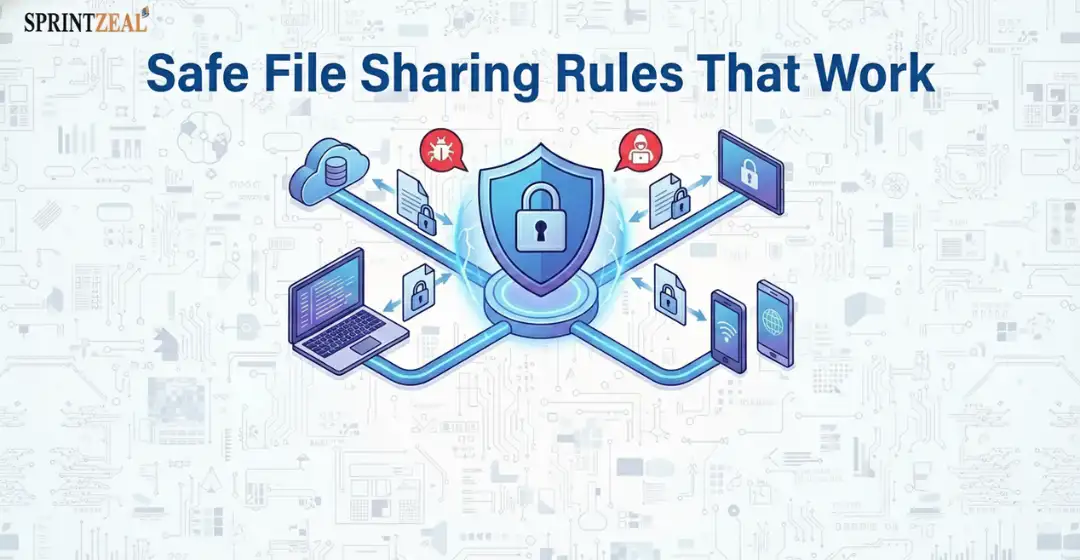Jenkins Interview Questions and Answers (UPDATED 2026)
-
 By Niharika Chaurasia
By Niharika Chaurasia
- Published on Oct 10 2022

Table of Contents
Top Jenkins Interview Questions and Answers in 2026
When it comes to job search, Jenkins in the DevOps domain is the most desired tool. To make sure you excel in the Jenkins interview, we have collected the most frequently asked questions for freshers and experienced.
Here, the set of Jenkins interview questions and answers for beginners will help fresher get an outline of the basic most frequently asked questions on Jenkins pipeline interview questions and Continuous integration interview questions.
The other set is designed for Jenkins interview questions and answers for experienced candidates, which includes Jenkins advanced interview questions. It will definitely be helpful for the readers to have a quick revision of some important concepts before appearing for an interview.
Basic Jenkins Interview Questions for Beginners
The Jenkins Interview questions for beginners include an introduction, basic information, and uses.
1) What is Jenkins and why should we use it?
Jenkins is a leading open-source, free automation tool that is used to develop and test software projects.
Reasons why Jenkins is widely used:
-Used to detect faults in software development and systematize the testing of builds
-Used to constantly monitor the code simultaneously and add changes to the build.
-Jenkins consists of an installer package for most operating systems.
-Used to keep the team updated and synchronized about the changes incorporated.
-Used to build CI/CD pipelines since it has plugin capabilities and is easy to use.
2) What are the features of Jenkins?
Jenkins features include:
-It is an open-source automation tool and it is free.
-Gives pipeline support
-installation is easy on systems with multiple operations.
-large number of plugins
-Jenkins upgrades effortlessly.
-speedy release cycle
-Configuration setup is easy.
3) What are the prerequisites to use Jenkins?
The requirements to use Jenkins are:
-First requirement is an accessible source code repository, for instance, a Git repository.
-A build script in working condition, example- Maven script checked into the repository.
4) How do we manually restart Jenkins?
The following commands are used to restart Jenkins manually:
-(jenkins_url)/safe restart—Wait until all the builds are completed before restarting.
-(jenkins_url)/restart-To force restart without waiting for build completion.
5) What does "continuous integration" mean?

Continuous Integration is the continuous process of checking the code made by developers into a version control system numerous times. The build is automated in the process to inspect and detect bugs in the developed code. Continuous integration comprises of:
-Labeling of code
-Testing of Unit
-Functional Testing
-Development and compilation
-Product Development
-Integration of Data
-Analyzing and making reports
6) What is a Jenkins Pipeline?

Jenkins Pipeline is collection of features of Jenkins. They are installed as plugins that allows delivery of pipeline implementation continuously.
The software is obtained from source control and distributed to end-users through these automated processes.
7) What are the advantages of using Jenkins?
The advantages of using Jenkins are:
-User-friendly, free, and it is an open source
-Trouble-free Installation
-Code deployment is convenient and takes very less time. It simultaneously generates reports.
-Helps in collaboration between the operation and development teams.
-Free of cost
-Detection of code errors at an early stage
-Reduced integration issues due to automation of integration work
-Rich plugin ecosystem
-Platform independence
8) What are the components that you can integrate Jenkins with?
Jenkins is mainly integrated with the following components:
-First is the version control system, for example: GIT, SVN
-Another one is build tools. An example is Apache Maven.
9) How does Hudson relate to Jenkins?
Jenkins was previously known as Hudson. It is a continuous integration tool and is open source, written in Java.
10) What is the use of the Agent Directive?
The main use of an agent directive is to instruct Jenkins about where and how to carry out the entire pipeline.
Inside the pipeline block, the top-level is specified for directive and the usage of stage-level is completely optional.
Jenkins Advanced Interview Questions
The Jenkin Interview questions are for experienced people to get an idea about Interview questions on Git and Jenkins and Interview questions on the Jenkins pipeline.
1) How to install Jenkins?
Jenkins installation includes the following steps:
-Install Java Version 8
-Jenkin is a Java-based application, so it requires Java to proceed.
-Install Apache Tomcat Version 9
-Tomcat is essential to deploy the war file of Jerkin.
-Download Jenkins war File
-Jerkin war file is required to install Jerkins.
-Deploy Jenkins war File
-Jenkins war file needs to be deployed using Tomcat to run Jenkins.
-Install Suggested Plugins
-Install a list of plugins suggested by Jenkins
2) List several Jenkins environment variables.
There are several variables available in Jenkins by default. Some of the variables are:
-$NODE_NAME
-$JOB_NAME
-$WORKSPACE
-$JOB_URL
-$BUILD_URL
3) Name the important plugins in Jenkin?
Important plugins in Jenkin are:
-Maven 2 project
-HTML publisher
-Join
-Git plugin
-Multi-job plugin
-Metrics
-Amazon EC2
-Copy Artifact
-Green Balls
-Test Results Analyzer
4) What is the difference between Jenkins, Maven, and Ant?
The differences between Jenkins, Maven, and Ant are:
|
Jenkins |
Maven |
Ant |
|
Continuous Integration Tool |
Build an automation tool. |
Java Command Line/Java Library Tool |
|
Automates software development processes through continuous integration and facilitates continuous delivery. |
It defines software dependencies and explains how the software is built. |
Initiates the build process |
|
It supports version control tools like Git and AccuRev. |
Projects written in C#, Ruby are supported by Maven. |
Projects written in C and C++ are supported by Ant. |
5) How can you deploy a custom build of a core plugin?
A custom build of a core plugin is deployed through the following steps:
-Stop Jenkins.
-Copy the custom HPI to $Jenkins_Home/plugins.
-Delete the previously expanded plugin directory.
-Make an empty file called . hpi. pinned.
-Start Jenkins.
6) Describe how to backup and copy files in Jenkins.
Backup plug-ins for Jenkin can be used to backup critical configuration settings that are related to Jenkins.
The following are the steps given below to have a backup in place.
Step 1 −Click on Manage Jenkins and choose the ‘Manage Plugins’ option.
Step 2 −In the available tab, search for "Backup Plugin". Next, click on Install without Restart.
Once done, Jenkins instance restarts.
Step 3 –Open Manage Jenkins, and scroll down. You will see "Backup Manager" as an option.
Click on this option.
Step 4 −Click on "Setup" under Manage Jenkins.
Step 5 −Here, the main field to define is the directory for your backup.
Confirm it’s on another drive that is different from the drive where your Jenkins instance is setup.
Step 7 -Click on the Save button.
Step 6 −Click on the ‘Backup Hudson configuration’ from the Backup manager screen to initiate the backup.
The next screen will represent the status of the backup.
To copy a job, you can follow these steps:
-Click on the 'New Item' link.
-Mention a new name for your job.
-Select the radio button "Copy existing Item"
-Mention the job name that you want to clone.
-Click "OK."
Lastly, you have a copy of the existing job.
7) Explain how to set up Build jobs in Jenkins.
The following steps will help you to build jobs in Jenkins:
Step 1 -First, open the Jenkins dashboard and click on the New Item.
Step 2 -Enter the item name and choose the "Freestyle project option".
Step 3 -Specify the details of the job.
Step 4 -Next, specify the location of files that need to be built.
Step 5 -In case the repository is hosted on GitHub, enter the URL of that repository here.
Step 6 -Build section and click on the Add build step.
Step 7 -In the command window, enter the following commands and then click on the Save button.
(Javac HelloWorld.java
Java HelloWorld)
Step 8 -Now click on the "Build" option to see whether the job is defined well or not.
Step 9 -Once the build is scheduled, it will run.
Step 10 -To see details of the build, click on the Console Output link.
8) What are the different ways in which a build can be scheduled in Jenkins?
To schedule a build in Jenkins, these ways can be used:
-Through source code management commits, builds can be triggered.
-In Jenkins, builds can be triggered after the completion of other builds.
-Build can be scheduled to run at a specific time (crons).
-Through manual build request
9) How should a third-party tool be configured and used in Jenkins?
The process for working with a third-party tool in Jenkins is:
-First, install the third-party tool.
-Download the plug-in from the Jenkins administrator console that supports the third-party tool.
-The third-party tool must be configured in the administrator console.
-At last, the plug-ins can be operated from inside a Jenkins build job.
10) How do you integrate Git with Jenkins?
The steps to integrate Git with Jenkins are:
-Manage the Jenkins button on your Jenkins dashboard.
-Click on Manage Plugins.
-Go to Plugins Page
-Select the Git Plugin and click on Install without restarting.
-Now, select the option "Download now and install after restart."
-If the Git plugin is already installed, you will see a "No updates available" message.
Now, you can manage Jenkins on your Jenkins dashboard.
Conclusion
Jenkins is one of the most valuable DevOps tools used by developers. It is an open-source tool that does not require additional components or installation. It is built in Java and it is portable.
The Jenkins Interview Questions and Answers mentioned above will make the beginners as well as experienced prepared for the interview situation overhead. Jenkins can provide a life-changing opportunity.
To learn more and get certified, head over to Sprintzeal to find the best instructors and e-learning courses. Get DevOps certified today!
Popular Programs
AWS Certified Solution Architect Professional
Live Virtual Training
- 4.6 (300 + Ratings)
- 33k + Learners
AWS Certified DevOps Engineer Certification Training
Live Virtual Training
- 4.5 (400 + Ratings)
- 52k + Learners
Microsoft Azure Administrator Associate AZ-104
Live Virtual Training
- 4.9 (560 + Ratings)
- 18k + Learners
Microsoft Azure Infrastructure Solutions (AZ-305)
Live Virtual Training
- 4.5 (560 + Ratings)
- 61k + Learners
Trending Posts
What Is a Hybrid Cloud? - A Comprehensive Guide
Last updated on Jun 13 2023
Salesforce Customer Relationship Management and its Solutions
Last updated on Jan 6 2025
Types of Cloud Computing Explained
Last updated on Apr 7 2023
How to Learn Cloud Computing in 2026 - A Brief Guide
Last updated on Mar 11 2024
Safe file sharing for teams: simple rules that work
Last updated on Nov 26 2025
Essential Cybersecurity Concepts for beginners
Last updated on Apr 17 2023
Categories
- Other 83
- Agile Management 49
- Cloud Computing 58
- Project Management 175
- Data Science 71
- Business Management 89
- Digital Marketing 88
- IT Service Management 36
- Programming Language 61
- AI and Machine Learning 94
- IT Security 113
- Quality Management 78
- IT Hardware and Networking 28
- Microsoft Program 5
- Workplace Skill Building 15
- Risk Management 10
- Information Security 8
- Leadership and Management 10
- Corporate Training and Development 1
Trending Now
Azure Vs Aws - Which Technology Is Better
ebookThe Impact of Internet of things on Marketing
ebookAWS Lambda - An Essential Guide for Beginners
ebookCareer in Cloud Computing or Cyber Security
ebookImpact of AWS Certification On Cloud Computing Jobs
ebookAmazon Certifications: List of Top AWS certifications in 2026
ebookAWS Interview Questions and Answers 2026
ebookAmazon Software Development Manager Interview Questions and Answers 2026
ebookAWS Architect Interview Questions - Best of 2026
ebookHow to Become a Cloud Architect - Career, Demand and Certifications
ebookWhat is Cloud Computing? - Fundamentals of Cloud Computing
ebookAWS Solutions Architect Salary in 2026
ebookAmazon EC2 - Introduction, Types, Cost and Features
ebookAWS Opsworks - An Overview
ebookAzure Pipeline Creation and Maintenance
ebookCI CD Tools List - Best of 2026
ebookTrends Shaping the Future of Cloud Computing
ebookContinuous Deployment Explained
ebookDevOps Career Path – A Comprehensive Guide for 2026
ebookTop Kubernetes Tools in 2026
ArticleBenefits of Cloud Computing in 2026
ebookA Step-by-Step Guide to Git
ArticleScalability in Cloud Computing Explained
ebookIoT Security Challenges and Best Practices-An Overview
ebookHow to Learn Cloud Computing in 2026 - A Brief Guide
ArticleCloud Engineer Roles and Responsibilities: A complete Guide
ebookTypes of Cloud Computing Explained
ArticleCloud Engineer Salary - For Freshers and Experienced in 2026
ArticleEssential Cybersecurity Concepts for beginners
ebookWhat is a Cloud Service - A Beginner's Guide
ebookTop 3 Cloud Computing Service Models: SaaS | PaaS | IaaS
ArticleWhat is Private Cloud? - Definition, Types, Examples, and Best Practices
ebookWhat Is Public Cloud? Everything You Need to Know About it
ArticleTop 15 Private Cloud Providers Dominating 2026
ebookWhat Is a Hybrid Cloud? - A Comprehensive Guide
ebookCloud Computing and Fog Computing - Key Differences and Advantages
ebookAzure Architecture - Detailed Explanation
ArticleMost Popular Applications of Cloud Computing – Some Will Shock You
ArticleTips and Best Practices for Data Breaches in Cloud Computing
ArticleWhat Is Edge Computing? Types, Applications, and the Future
ArticleMust-Have AWS Certifications for Developers in 2026
ArticleSalesforce Customer Relationship Management and its Solutions
ArticleCutting-Edge Technology of Google Cloud
ArticleSpotify Cloud: Powering Music Streaming Worldwide
ArticlePublic Cloud Security Checklist for Enterprises
Article12 Best Managed WordPress Hosting Services in 2026
ArticleLatest Azure Interview Questions for 2026
ArticleTop Coding Interview Questions in 2026
ArticleLatest Cloud Computing Interview Questions 2026
ArticleSafe file sharing for teams: simple rules that work
ArticleMy learning path to become an AWS Solutions Architect
ArticleClient Server Model—Everything You Should Know About
ArticleWhat Is Microsoft Azure? A Complete Cloud Computing Guide for 2026
ArticleDocker Tutorial for Beginners: Containers, Images & Compose
ArticleGit Merge vs Rebase: Differences, Pros, Cons, and When to Use Each
ArticleThe Invisible Infrastructure Powering Tomorrow’s Apps
ArticleDevOps vs DevSecOps: Benefits, Challenges, and Comparison
Article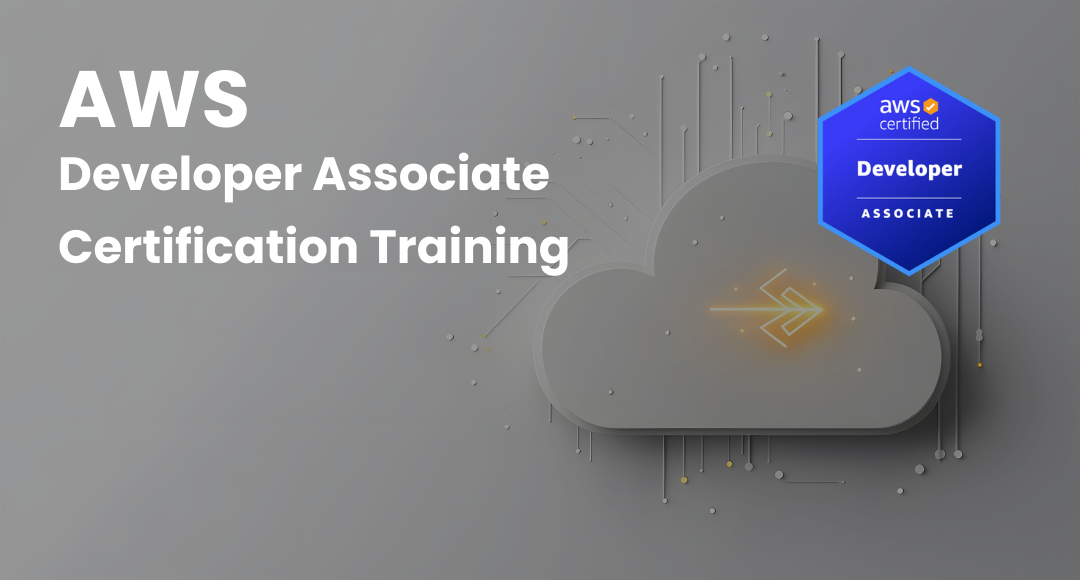
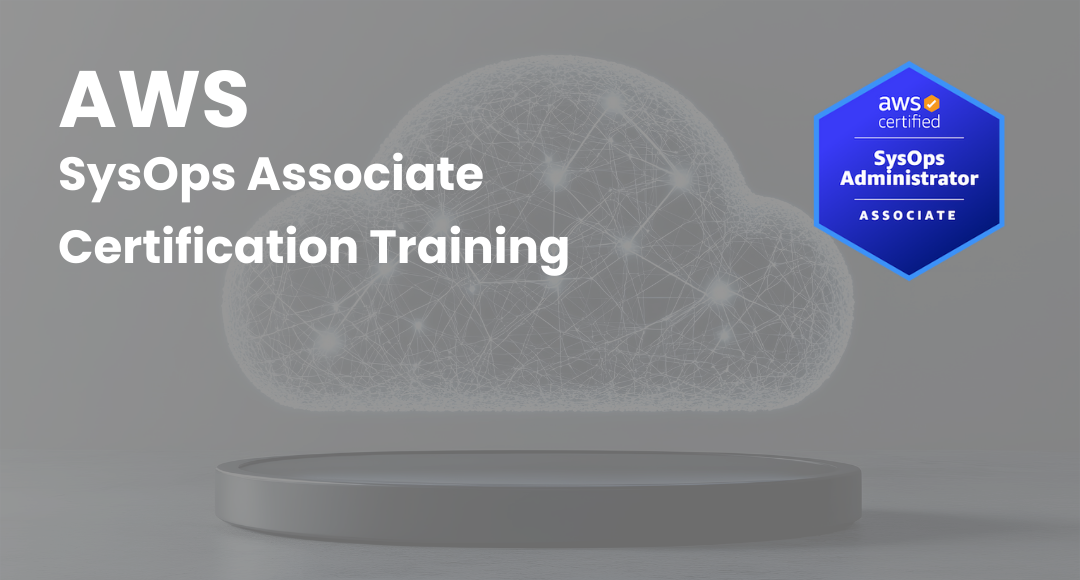
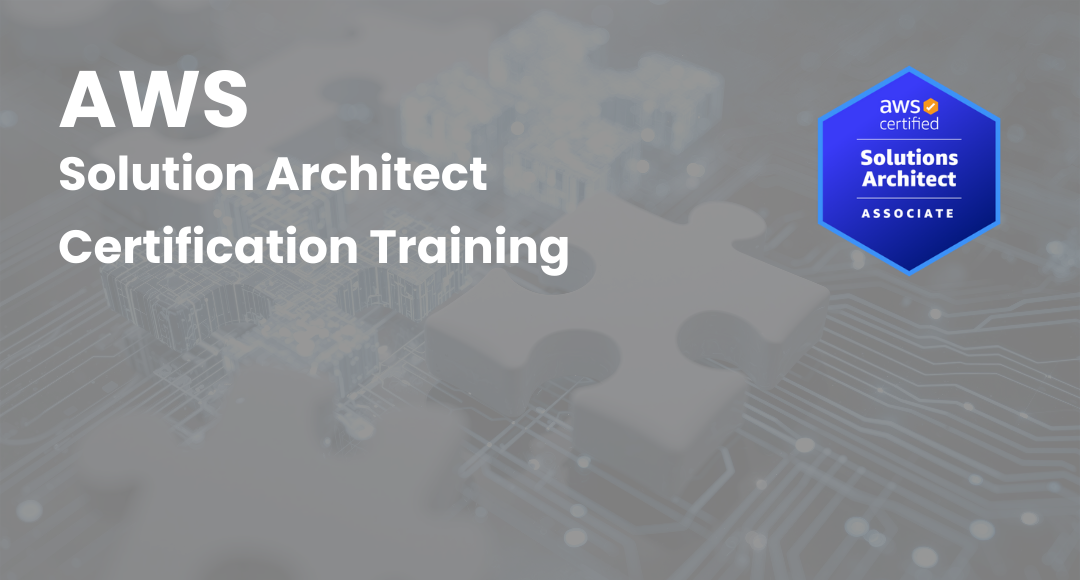
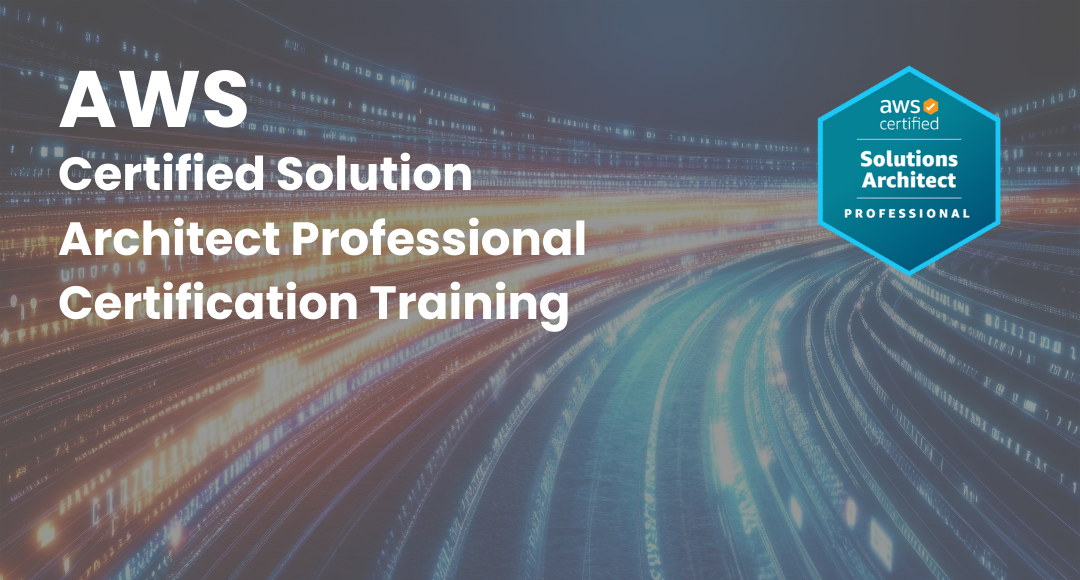
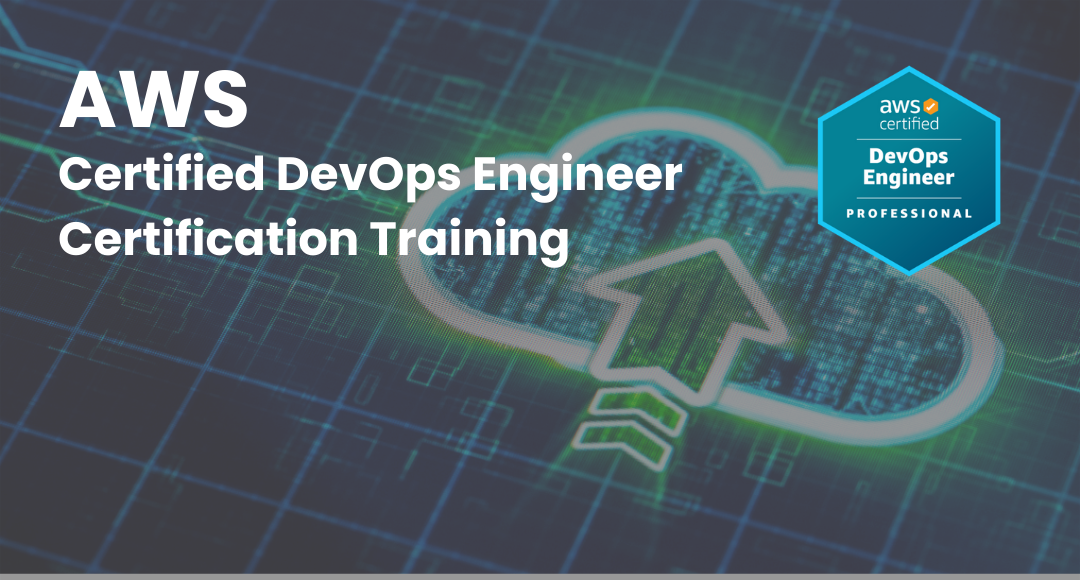
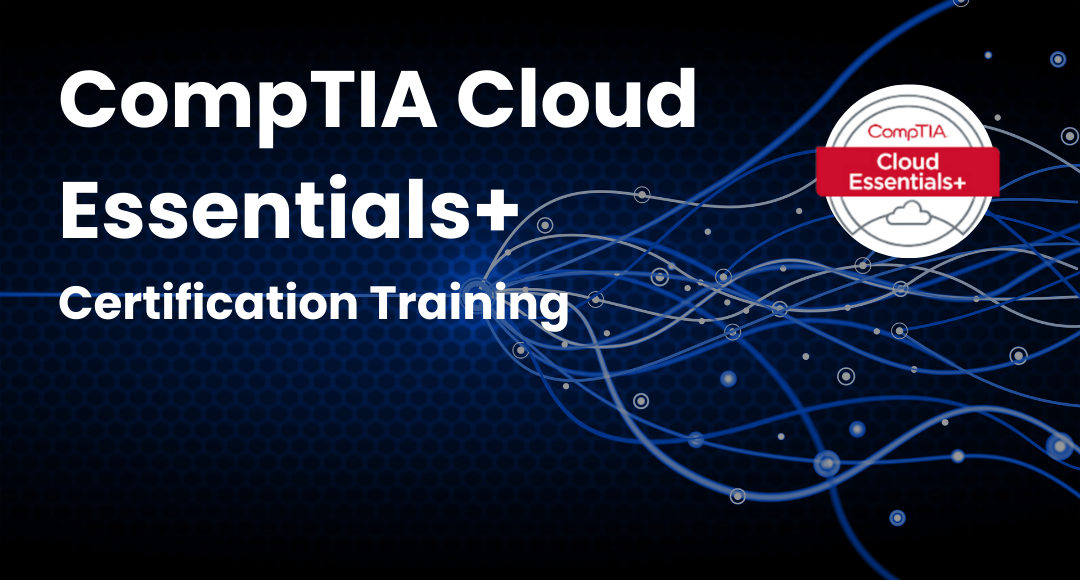
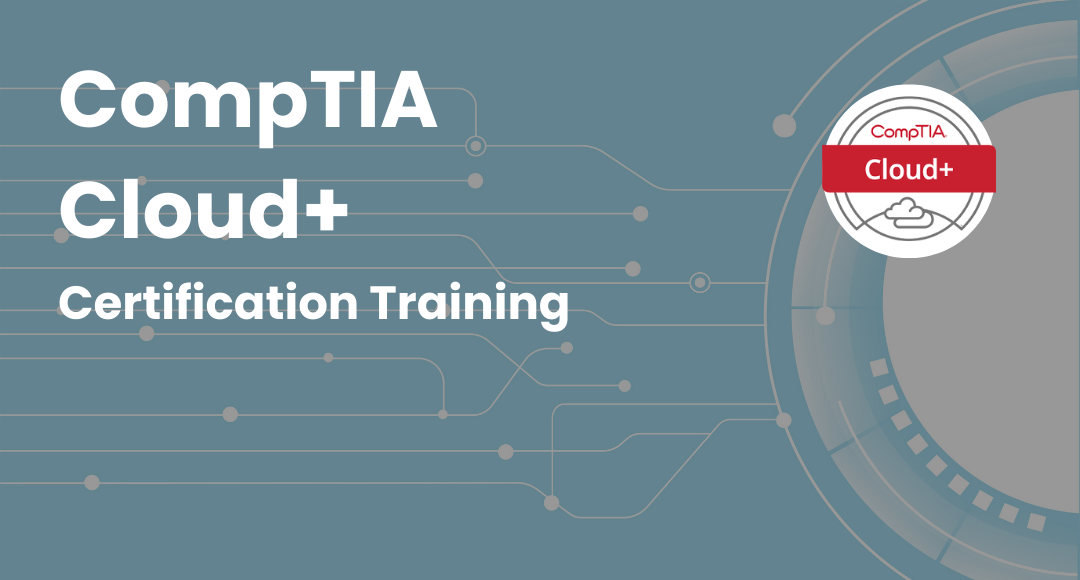
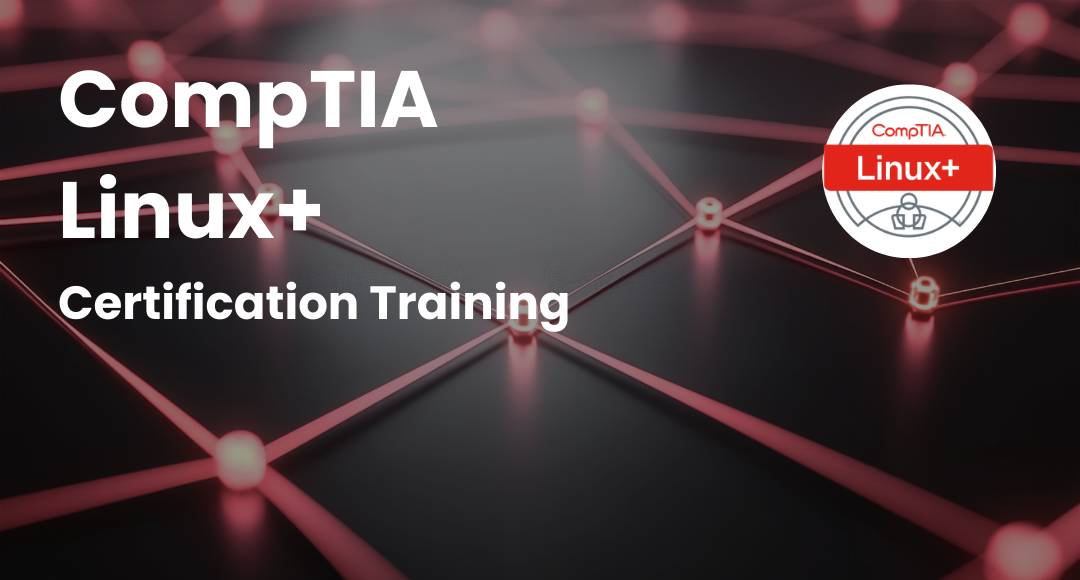
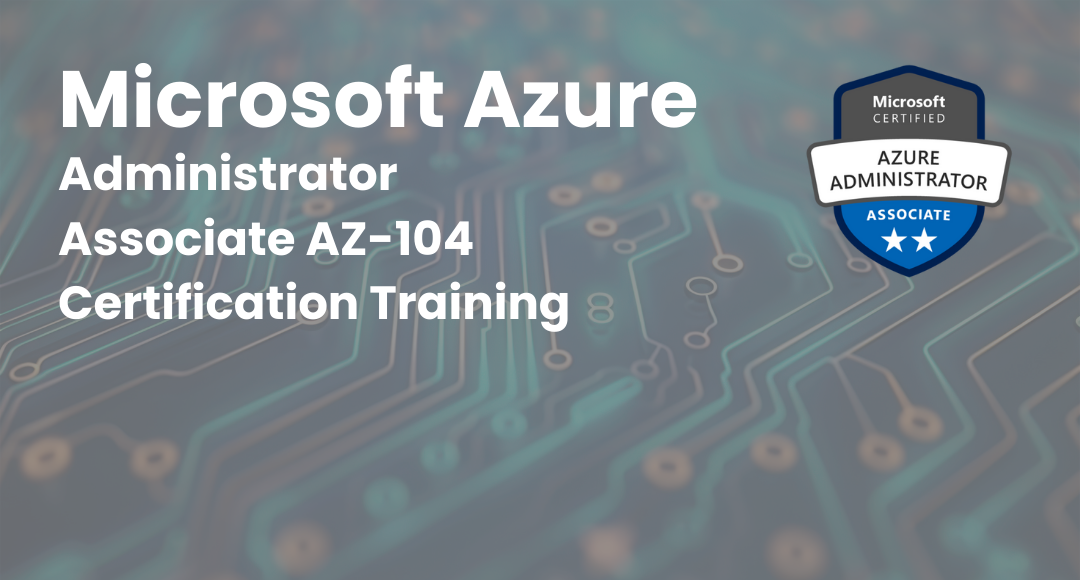
.png)
